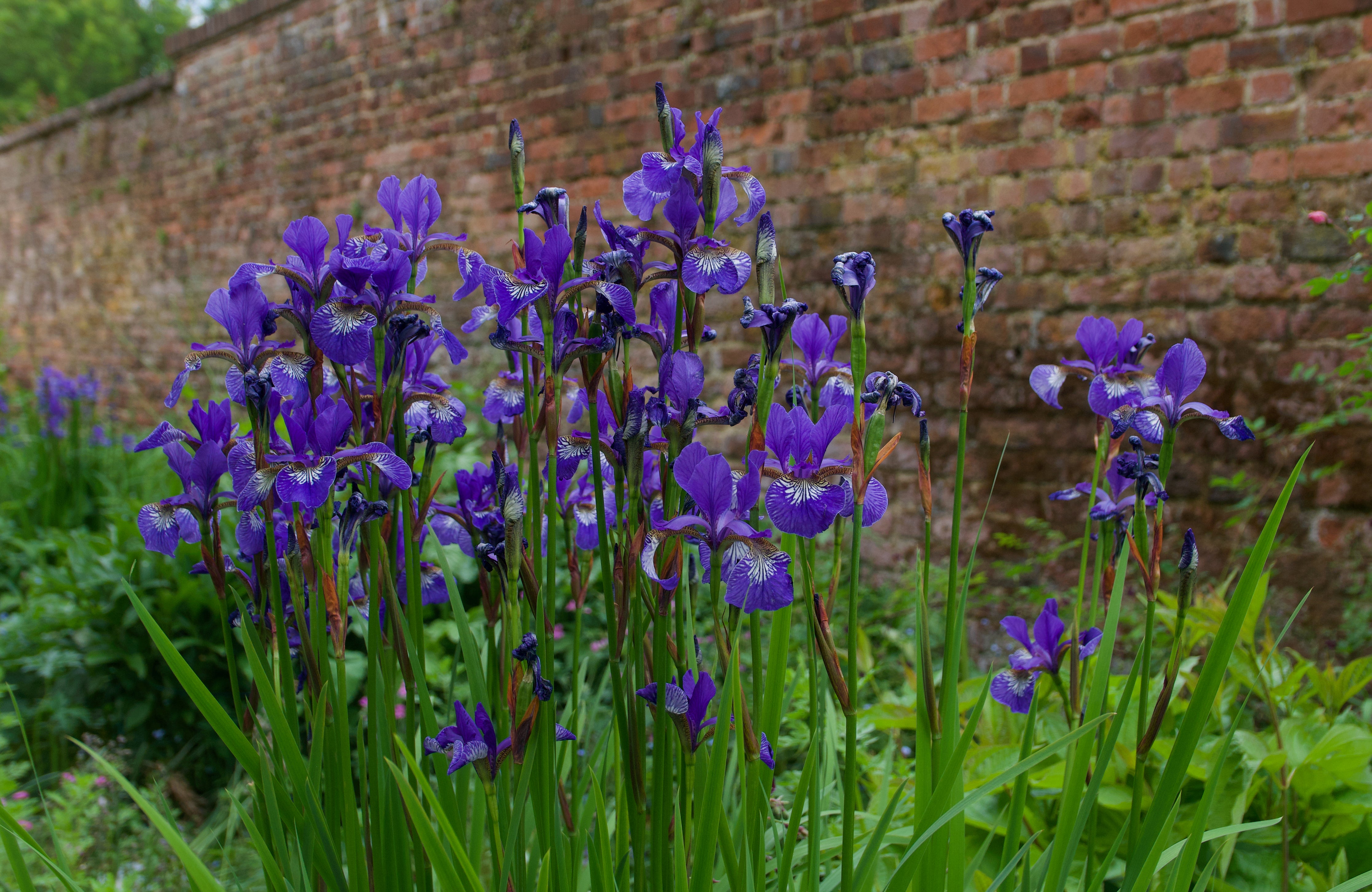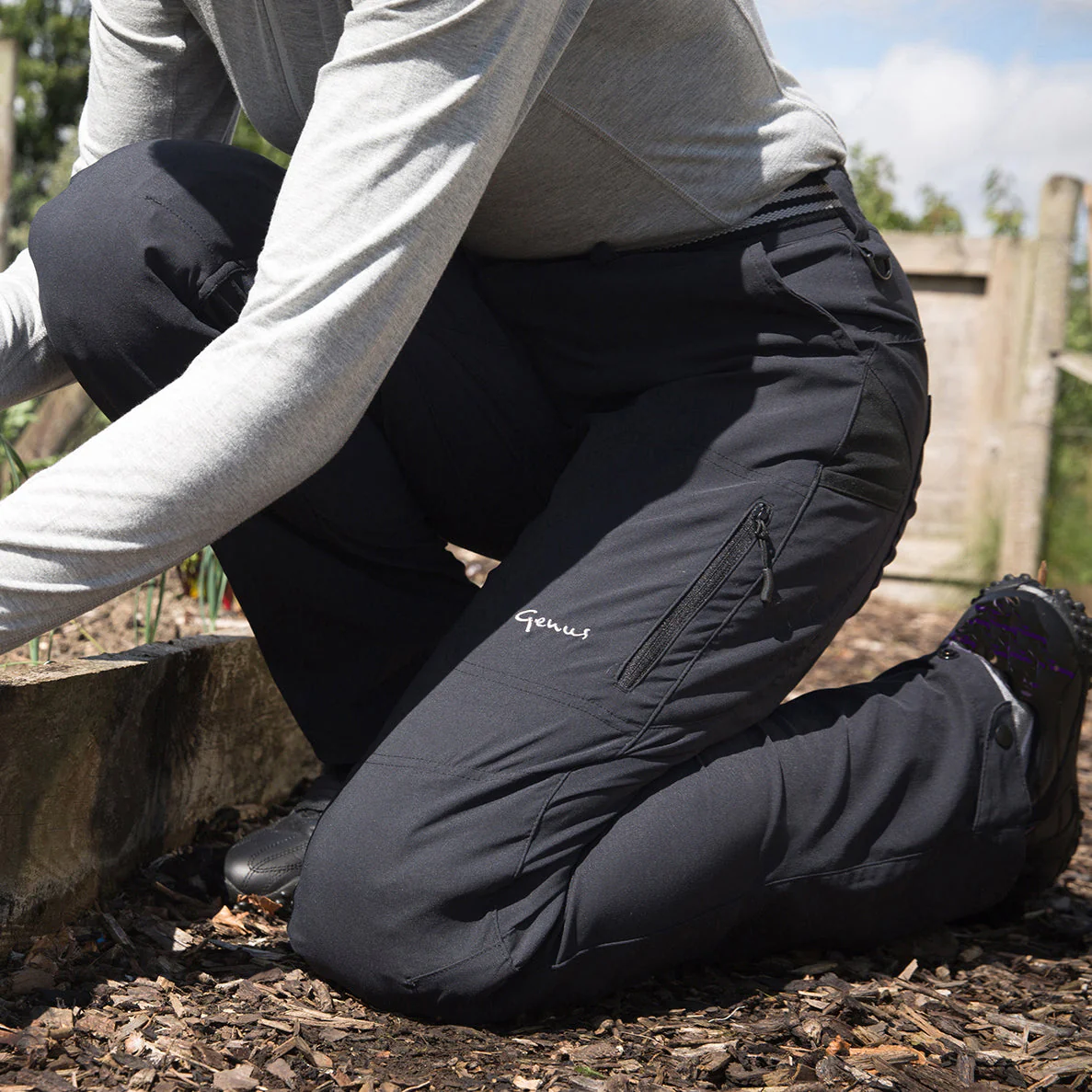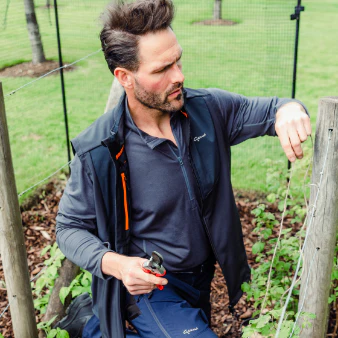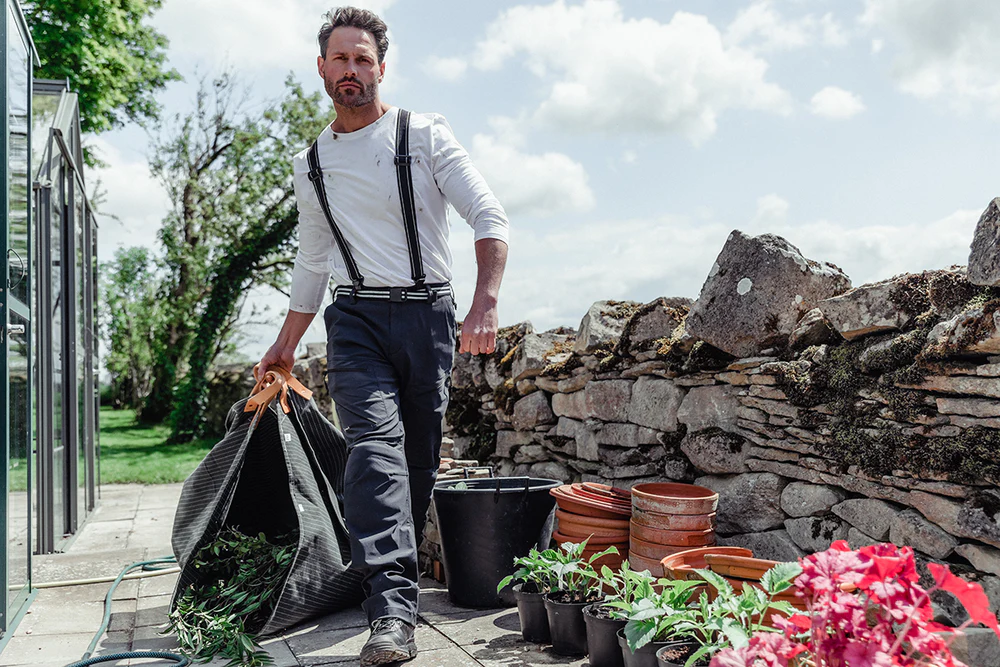Body,soul and gardening - gardens that bond us

One of the great joys of plants is being able to give and share them. A garden filled with flowers that remind you of your favourite people appeals on an emotional level as well as simply looking good.
Plants grown from cuttings given by friends and family have extra meaning. I love the dark purple irises that thrived against a sunny wall in my mother’s house, that have happily spread in our garden and been handed on to friends, travelling around the country.
There’s a familiarity about plants that have been passed through the generations: the hollyhock seeds, the cutting of a grandparent’s rambling rose, lilies divided and transplanted – my aunt has a particular fondness for the dicentra originating from my grandmother’s garden. Plants create a sense of place: a friend has exotics from a childhood home in Cornwall, and the scent of asters transports my mother back to her childhood garden where her father grew them in abundance.
Plants can bond us. During lockdown grandparents sent packets of seeds for their grandchildren to grow. When given as gifts to mark particular times in our lives, plants have extra significance: the bay tree bought for a wedding present, the roses that celebrate a wedding anniversary and trees planted in memory of someone.
Many of us have plants in our gardens that resonate with emotion, helping connect us and make us feel closer even when we’re physically apart.











